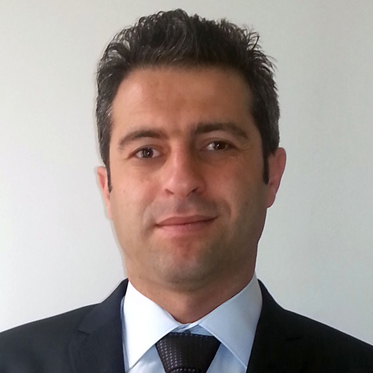Syrian Kurds develop new school programs in Rojava
QAMISHLO, Syrian Kurdistan (Kurdistan 24) – Officials in the Kurdish administration in Syria on Thursday said the curricula of schools for the school year 2017-2018 under their management will be in Kurdish, for all levels up until high school.
Speaking to Kurdistan24, Feida Ibrahim, deputy head of the Education Authority in Rojava, added that a series of Kurdish curricula would also cover the secondary school-level classes as well.
“We hope people [in Rojava] see the benefit in this new educational system, which we worked extremely hard to develop,” she said.
“We are doing our best to gain the people's trust with this new system, which incorporates their culture,” she further added.
Ibrahim further pointed out the need for Kurds from Rojava to be educated in their mother tongue and learn about their culture and history.
“We hope that people send their children to the Kurdish schools,” she said, referring to the schools under the Kurdish administration in Rojava.
The Syrian government still controls parts of the cities of Qamishlo and Hasakah, and the public school curricula under the regime-held areas are still in Arabic.
Since most of Syrian Kurds in Rojava fear the Kurdish schools are not yet recognized, and to secure a future of their children, they still send their children to public schools belonging to the Syrian regime.
Many people, however, say they are not against education in their mother tongue, but that high school would prove to be a challenge, especially for Arabs who do not know Kurdish.
“Our children have dropped out of schools over the past three years because most schools became Kurdish and our children do not know Kurdish,” Shalan Bakir, a Syrian Arab told Kurdistan24.
“We are not against education in Kurdish, but it is impossible to have the whole course in Kurdish,” he said.
According to Human Rights Watch, Syrian Kurds were not allowed to use the Kurdish language, were not allowed to register babies with Kurdish names, were not allowed to attend private Kurdish schools, and were banned from publishing books or other written materials in Kurdish under the regime.
This changed when the Syrian civil war broke out in 2011. When the government withdrew from the Kurdish regions of Syria, the Kurds established strongholds called “cantons” in northern Syria.
Editing by G.H. Renaud
(Additional reporting by Ferhad Ehme from Qamishlo)
